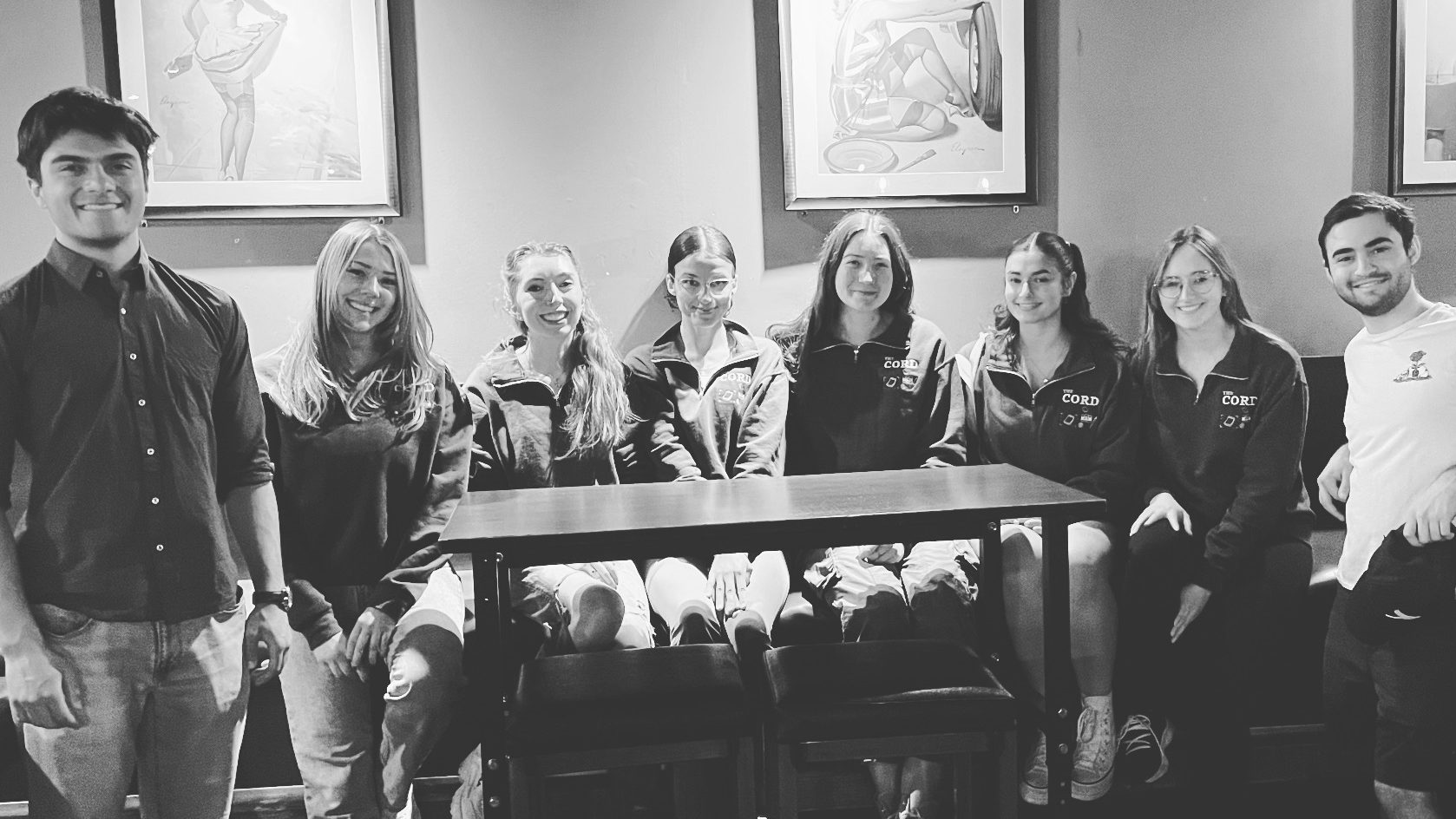For most students at Wilfrid Laurier University, photocopied course packs with their required course material can be pricier than originally thought, especially when most articles today can be found online. But out of sheer convenience, most will pay the price that is given.
These prices and copyright materials, which are supplied to WLU by Access Copyright (AC), have been a topic of contention for the past year and a half.
Currently, as a new potential tariff on academic materials is discussed, AC is undergoing litigation with the Copyright Board of Canada over the specificity of that new potential tariff. The Association of Universities and Colleges of Canada (AUCC) and the Association of Canadian Community Colleges (ACCC) representing the universities that use AC materials in the litigation process.
As of now WLU, along with the other institutions who chose not to opt out when the contract extension ended in Aug. 2011, will pay an interim tariff, which is essentially the same terms as the previous agreement. According to Shereen Rowe, secretariat at WLU, it is a $3.85 full-time equivalent (FTE) fee, with a charge of ten cents per photocopied page.
“We’re really just at the interrogatory stage. They are just gathering information as part of the litigation process,” explained Rowe. “So this is really where we’re at.”
The proposed tariff by AC is that the FTE fee would be approximately $45, with no charge for each individual page.
“The 45 bucks is a figure out of a hat, really. What has to happen is that there has to be enough data to really estimate the usage,” said Brain Henderson, director of WLU Press and a member of AC’s board. “The board isn’t going to make any kind of decision until it has that type of data in front of them.”
Along with the tariff, the choice between using a calendar or academic year, has been another point of conflict between the parties. As well, AUCC and ACCC, according to Henderson, would like to see the proposed FTE be applied evenly at every institution and every discipline, whereas AC feels that isn’t quite feasible.
“Even if it were 45 bucks, that would be a steal for most students in the social sciences and the humanities. Science students and business students, maybe they don’t use those materials in quite the same way,” he continued. “Some students would be being paying more, some would be paying a lot less.”
However, Rowe feels otherwise. “It would mean a significant [cost] increase to students,” she explained. “[But] at this point, there is no change, really.”
Due to the developments of electronic materials and the increased availability of these materials, finding accurate data of the usage of AC’s materials have be proven difficult. “What we’re seeing for sure is that paper course pack use is falling,” he added, “It’s not like that instructors and profs have decided not to use stuff. They’re just using it different ways.”
Since Laurier chose not to opt out of the interim tariff, they will have the opportunity to re-evaluate their position in Sept. 2012. The interim tariff, as of now, goes until Dec. 31, 2013. Henderson believes that the Copyright Board of Canada and their description of educational materials is ambiguous, therefore creating more contention among the various parties involved.
“I think that people in senior admin here [WLU] understand the issues, they want to play it right, they want to be cautious,” Henderson said of Laurier’s choice not to opt out. “They don’t want their faculty exposed to legal claims, they don’t want to have students exposed to that stuff, so they’re sticking to the interim tariff.”
But as discussions continue, no clear conclusion is in sight, and when that conclusion will arrive is unknown. “It’s going to be awhile before we have any decision and so now we’re under much of the same terms,” said Rowe. “I don’t want to speculate on what the impact will be, because I don’t know what the decision is going to be.”








Leave a Reply
You must be logged in to post a comment.